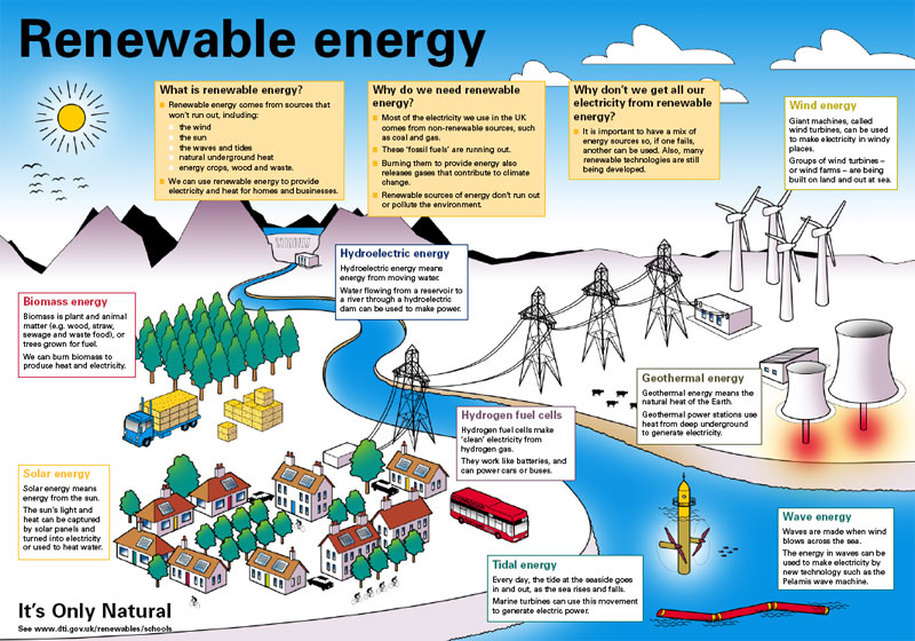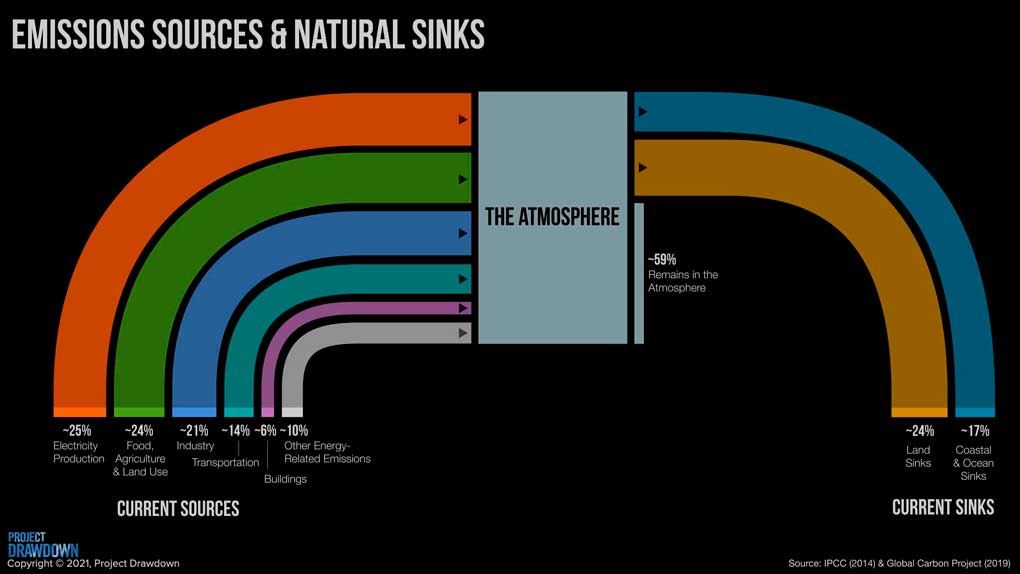
We have taken the five Sundays readings in the Season of Creation and highlighted a specific environmental area which we will cover weekly. (This week, energy ) How is this area affecting us ? What can we do at St. Peter’s and individually to improve our use of them ? We have added related scriptures.

![]()
Isaiah 40:28-31 “The LORD is the everlasting God, the Creator of the ends of the earth. He does not faint or grow weary; his understanding is unsearchable. 29 He gives power to the faint, and strengthens the powerless. 30 Even youths will faint and be weary, and the young will fall exhausted; 31 but those who wait for the LORD shall renew their strength, they shall mount up with wings like eagles, they shall run and not be weary, they shall walk and not faint.”
1. Power in the Bible
We think of power in the natural world as produced from various energy sources in nature -the sun, wind, coal, water, geothermal, oil, biomass and the atom (nuclear). Power in religious terms is spiritual energy God is unlimited and this spiritual energy is unlimited in contrast to the energy we seek in the physical world which is limited. The difference from the physical world is that we do not consume this spiritual energy; we reflect it. It can be adapted to many needs in this world.
A. Power is an inherent characteristic of God ( Rom 1:20 ). It is the result of his nature. God’s kind of power is seen in his creation ( Psalm 19 ; 150:1 ; Jer 10:12 ). His inexplicable power is the only explanation for the virgin birth of Jesus ( Luke 1:35 ). Power is always a derived characteristic for people, who receive power from God ( Deut 8:18 ;Isa 40:29 ; Micah 3:8 ; Matt 22:29 ; 1 Cor 2:4 ; Eph 3:7 ), from political position ( Esther 1:3 ; Luke 20:20 ), from armies ( 1 Chron 20:1 ), and from other structures that provide advantage over others. When humans perceive that their power is intrinsic to themselves, they are self-deceived ( Lev 26:19 ; Deut 8:17-18 ; Hosea 2:7-9 ; John 19:10-11
B. The Bible uses spiritual energy which is transmitted to humans. It begins with God’s generation of light. This illumination is the spontaneous effect of divine Love in action, of Truth manifested. The Bible then goes on to chronicle this energizing force in the lives of individuals and nations, such as Moses energizing his people, leading them out of slavery and introducing them to the laws of God and brought them to the borders of the Promised Land.
Later Jesus said, “I am come a light into the world, that whosoever believeth on me should not abide in darkness.” n2 His great power to do good was generated by God.When he took Peter and John up onto the mount and was transfigured before them, “His face did shine as the sun, and his raiment was white as the light.” n3 The sparkling spiritual energy the disciples saw in him was evident throughout his ministry, feeding thousands and calming seas. He told his disciples that they could move mountains if they had “faith as a grain of mustard seed
C Faith in God is a transformer. It transforms thinking. Holding to it and living by it can bring a solution to energy needs by causing us to be more inventive, more aware of resources close at hand, more accurate and disciplined, more universal in our concerns, and thus more equitable.
Paul especially images the living of the Christian life as an empowerment from God. The believer’s union with Christ delivers him or her from the power of sin (cf. Rom. 6-8) and introduces him or her to the “power of [Christ’s] resurrection” ( Php 3:10 ). Salvation and holy living provide the Christian with a “spirit of power” for witness ( 2 Tim 1:7-8 ).
D. For our use we may find spiritual energy can be generated through prayer.




